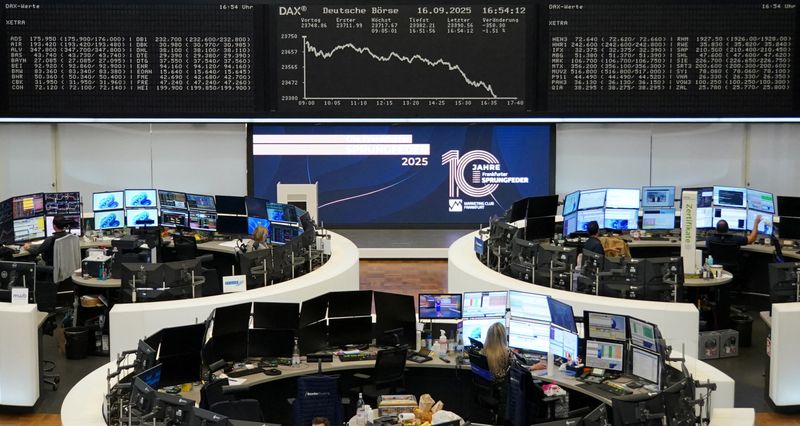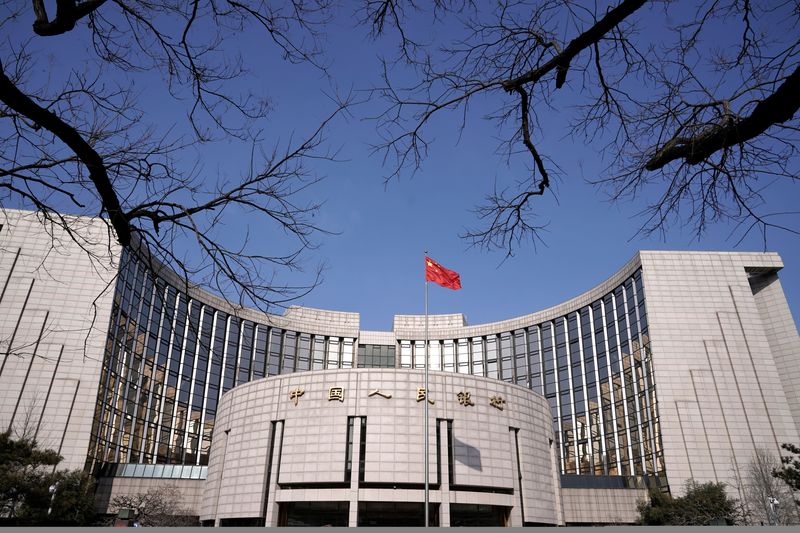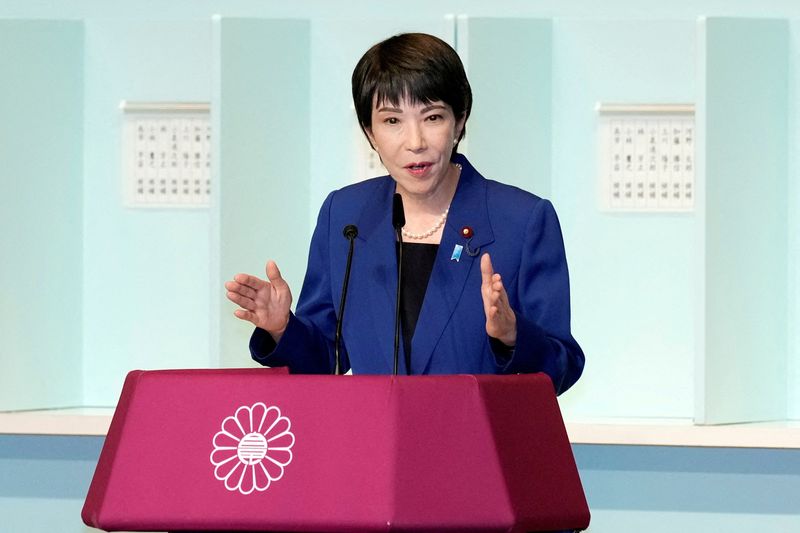UK house prices rise 2.8% in 12 months to July
PositiveFinancial Markets

UK house prices have seen a notable increase of 2.8% over the past year, reaching new heights by July. This rise is significant as it reflects a recovering housing market, which can boost consumer confidence and stimulate economic growth. As more people look to buy homes, it indicates a positive trend for both buyers and sellers, suggesting a vibrant real estate sector.
— Curated by the World Pulse Now AI Editorial System















